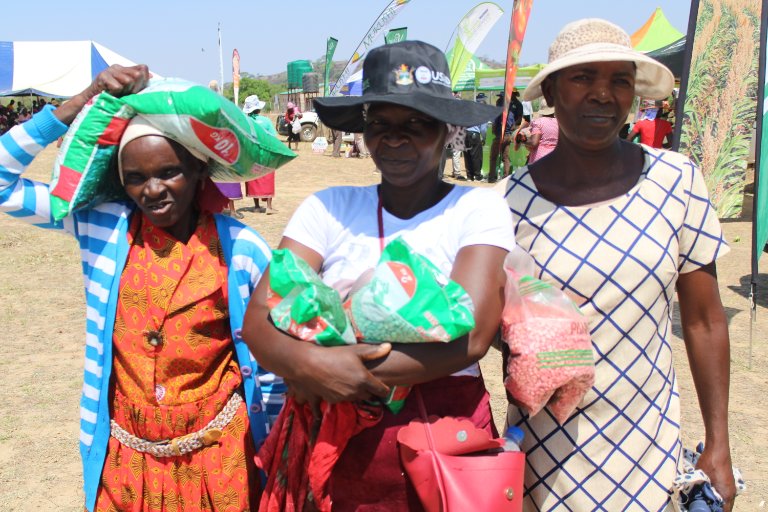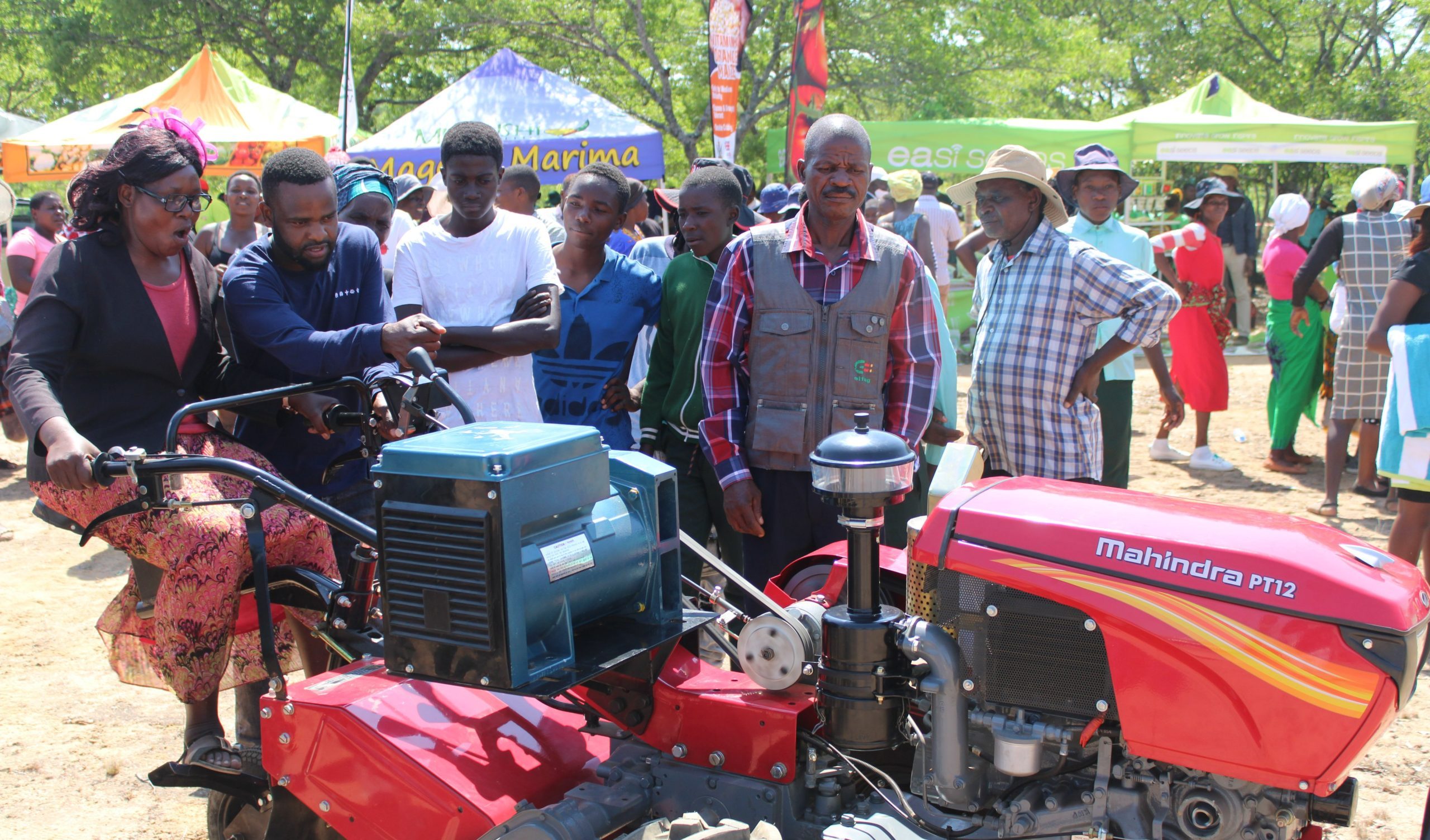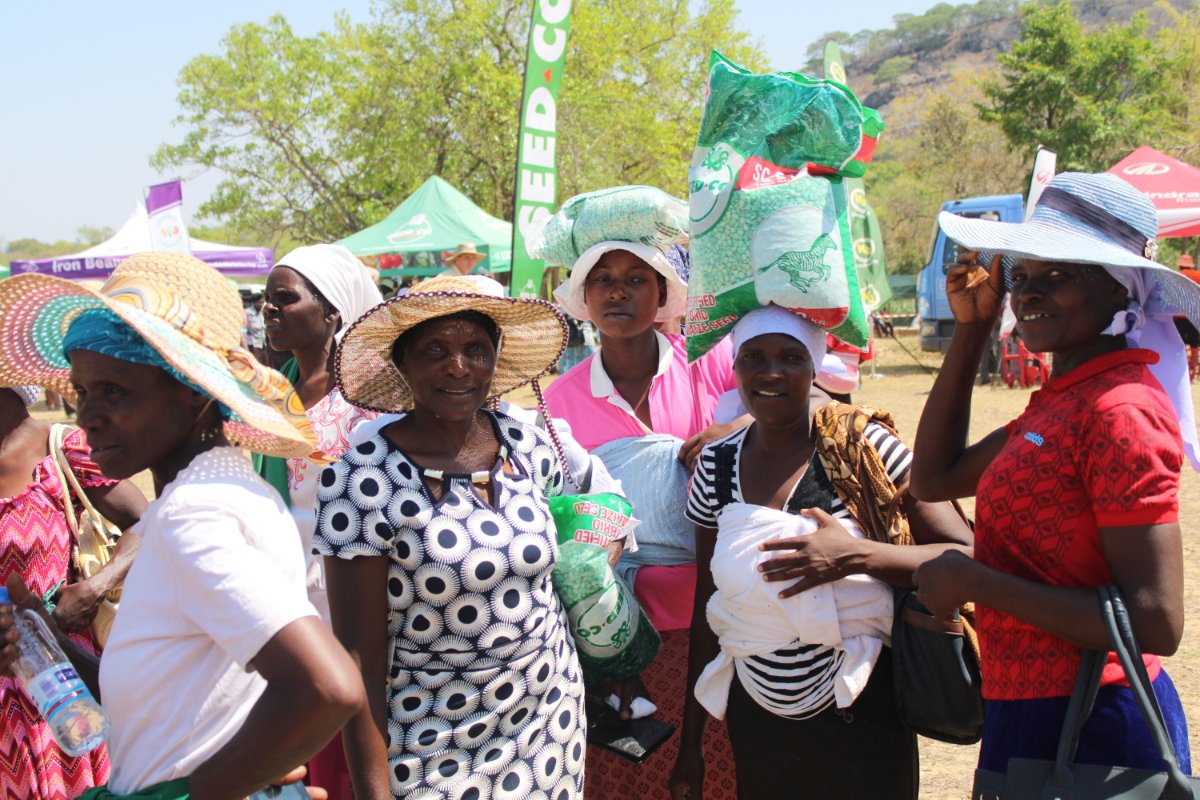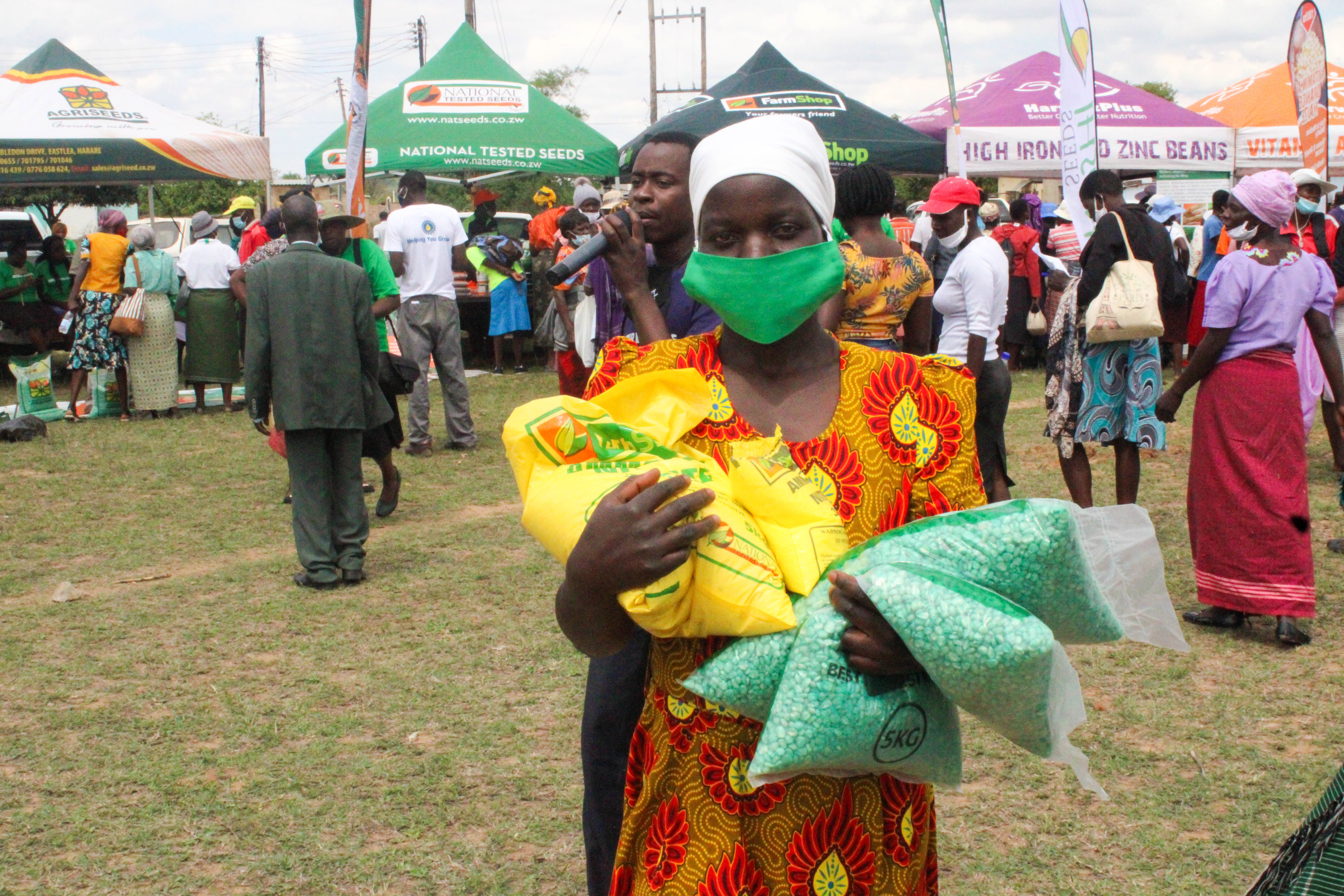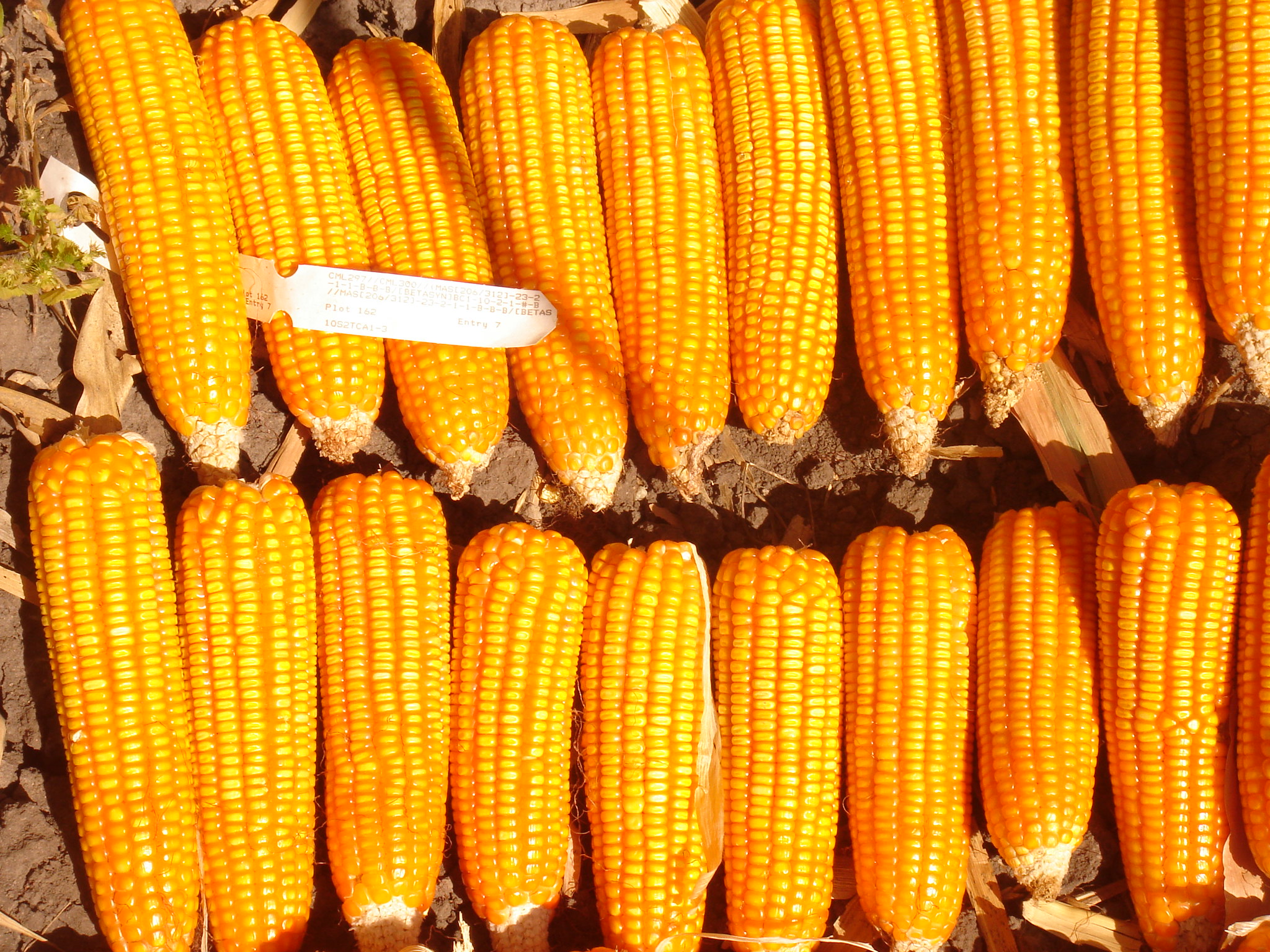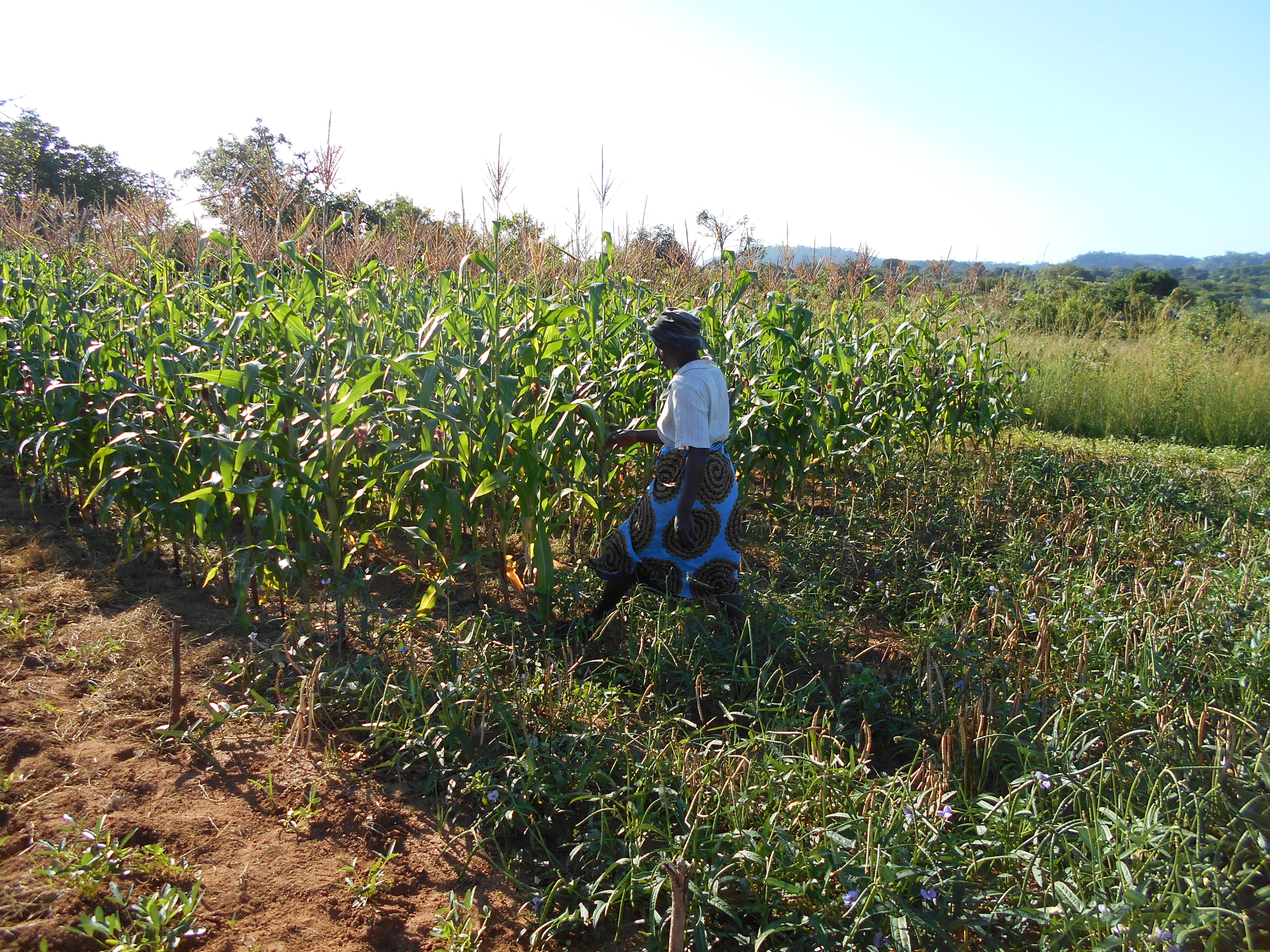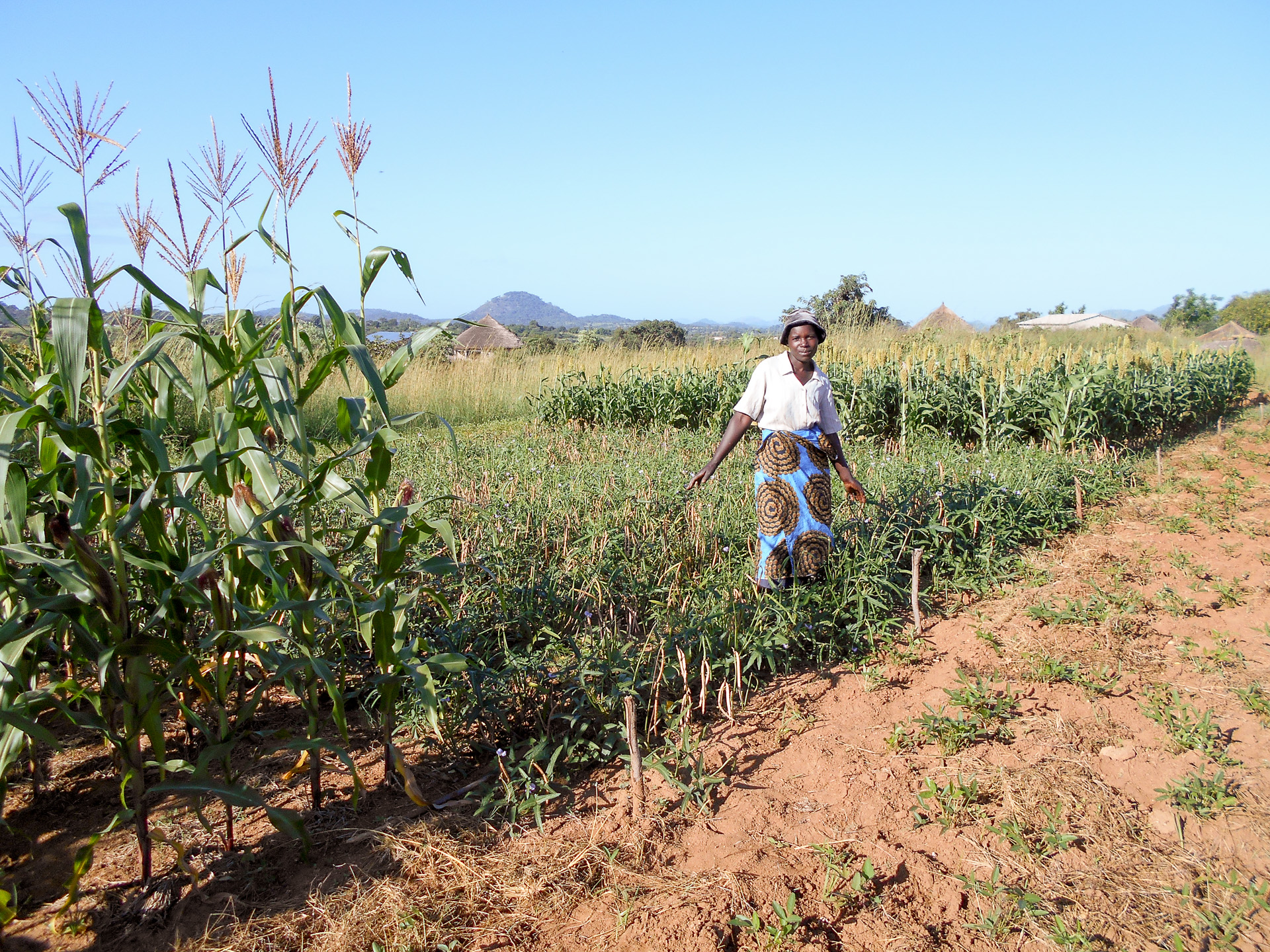Persistent vulnerability to frequent climate-related shocks, exacerbated by the effects of climate change poses a continual threat to the capacity of communities to secure an adequate and nutritious food supply throughout the year. The R4 Rural Resilience Initiative, led by the World Food Programme (WFP), aims to enable vulnerable, smallholder farmers to increase their food security, income, and resilience by managing climate-related risks. Expanding on the success of R4, WFP launched the Zambuko Livelihoods Initiative, a comprehensive program supported by United States Agency for International Development (USAID). This initiative strategically concentrates on fostering social cohesion within communities, advancing crop and livestock production, and facilitating improved access to financial resources.
In a collaborative endeavor, CIMMYT is leading the implementation of the climate-smart agriculture and mechanization components of the Zambuko program, with a specific focus on Masvingo Rural (Ward 15) and Mwenezi (Ward 6) in Zimbabwe. Focused on mitigating the impact of climatic shocks and stresses, the initiative aims to empower local farmers, improve agricultural practices, and foster sustainable livelihoods. This collaborative effort represents a crucial step towards building resilience in the face of climate challenges, offering a holistic approach to enhancing the adaptive capacity of vulnerable communities.
Key objectives
The overall objective is to diversify and strengthen climate-resilient livelihoods, while mitigating household vulnerability to recurring shocks, such as droughts and floods.
CIMMYT oversees interlinked goals which are –
- Viable conservation agriculture (CA) and mechanization options are tested and expanded in rural farming communities.
- Seed and fodder options are tested and available for wider use by smallholders.
- Increased smallholder farmer knowledge and capacity to implement climate-smart agriculture interventions to build resilience.
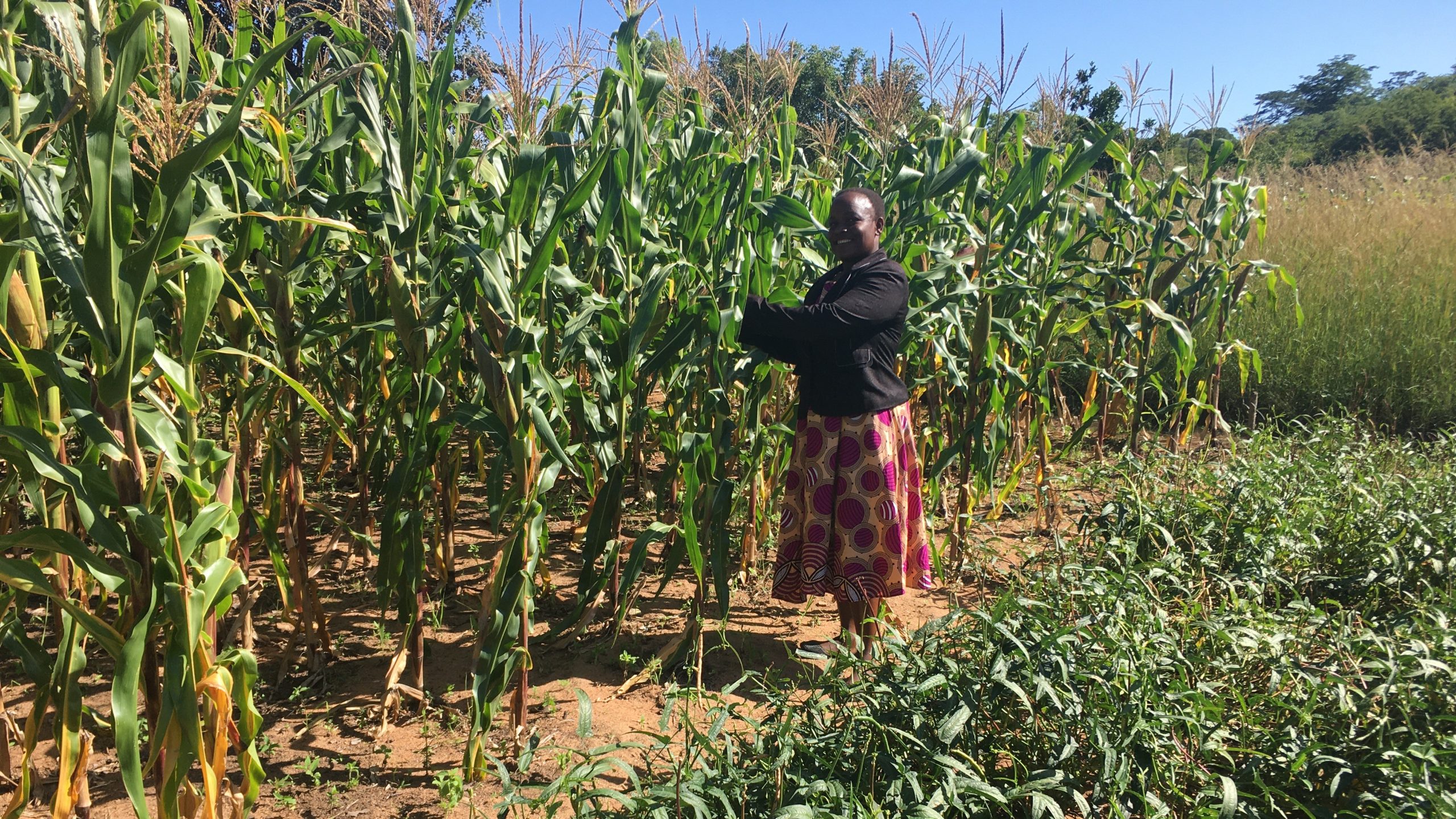
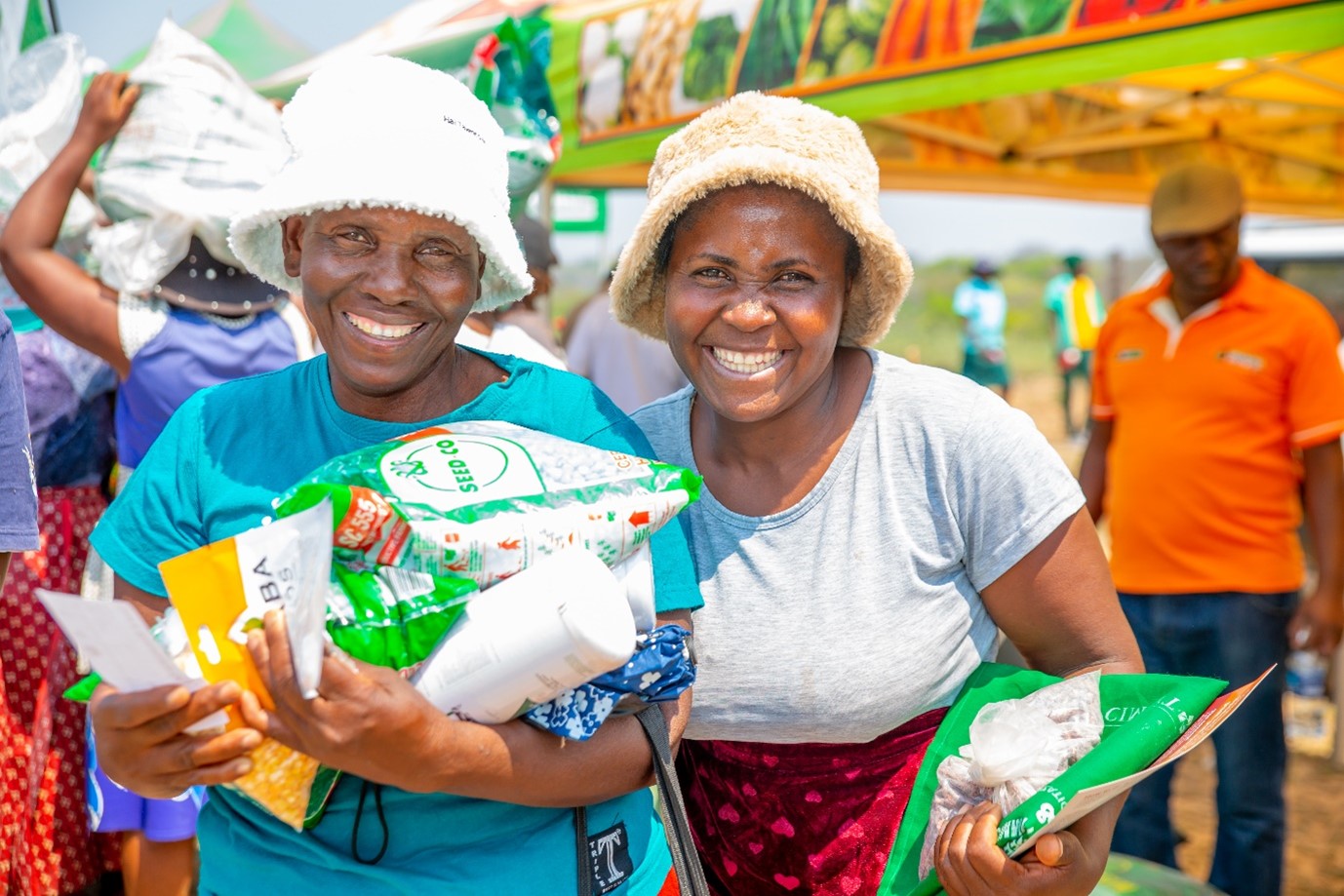
 Capacity development
Capacity development 
